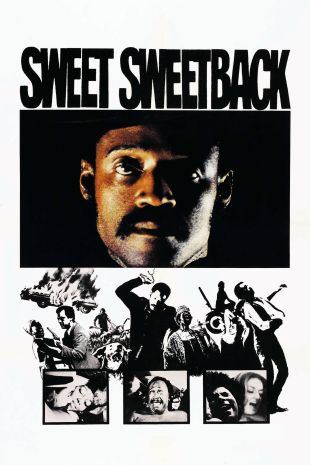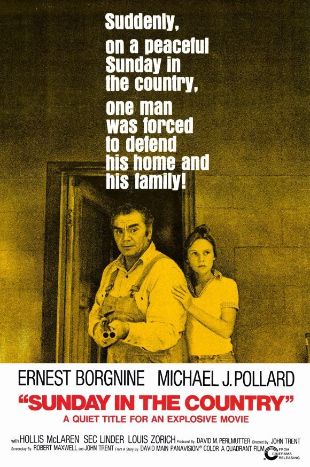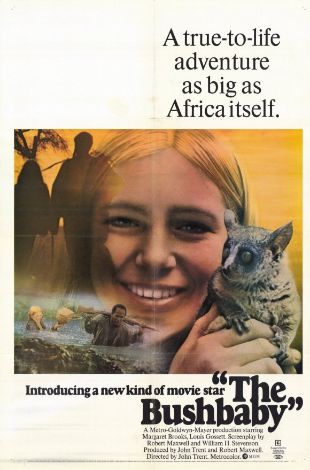Writer/producer Robert J. Maxwell broke into the entertainment business by way of radio in the 1930s. Born Robert Joffe Maxwell around 1910, he'd started out as a writer of pulps in the 1930s and had joined National Periodicals (aka DC Comics) at the end of the decade, with the job of licensing the merchandising rights to the Superman character. He was later partnered with Allen Ducovny in devising the Superman radio series, which debuted in February 1940; in tandem with Frank Chase, Maxwell was the producer of the radio series, and the two chose Bud Collyer as radio's Superman.
The radio series ran for 11 years, until 1951 -- by that time, the decision had been made by National Periodicals, in the wake of two successful movie serials made by Columbia Pictures, to bring Superman to the small-screen, by way of a pilot feature film. Maxwell, as the most experienced production executive involved with the broadcasts of the Superman character, was assigned to work on both. Using his pseudonym of Richard Fielding, he co-authored the screenplay and produced the pilot film, Superman and the Mole Men, in partnership with serial veteran Barney A. Sarecky. It was Maxwell who chose the star of the movie, the actor George Reeves, who would also play Superman and Clark Kent in the subsequent 102 television episodes of The Adventures of Superman, as the series was known. Maxwell treated the Superman television series as an extension of the radio show, which made sense at the time but also created problems even as it achieved huge initial success. Radio, as an audio medium, gave producers great latitude in areas of storytelling, mostly because it was an audio medium -- you weren't actually "depicting" anything. Crime shows were aimed at adults, and children who were allowed to (and some parents didn't let their kids listen to the crime shows) could and did listen. Maxwell, in partnership with Bernard Luber, made the first season of the television series with the intention of getting an early-evening, prime-time schedule slot, aimed at that same audience of adults and families. But when those same actions and events that filled the radio show were presented visually, on television, the results were profoundly different. The first season of Superman (which included a handful of Maxwell contributions as screenwriter, under his "Richard Fielding" screen name) was filled with corpses and mayhem everywhere: innocents murdered, women brutally pummeled, and even the sight of a dead dog in one episode ("The Deserted Village"). The ratings were high, but kids sometimes had nightmares over what they saw, and parents and the sponsor were aghast; as a result, Maxwell was dumped from the show when it resumed production for a second season in 1953.
Maxwell went on to produce the Lassie series into the 1960s, ironically as kid-friendly a show as there was, as well as the series Cannonball, National Velvet, and Father of the Bride. The latter two shows were also family-oriented, and one had to wonder if Maxwell were trying to prove something to the business. His activities slowed as a new generation of television shows and producers came along in the mid-1960s, and his last major screen credit was as producer and writer of the Tanzania-based feature-film drama The Bushbaby. Maxwell passed away in 1971, and is best remembered for that first season of The Adventures of Superman and the television series Lassie, both perennial nostalgia favorites in the 21st century.


